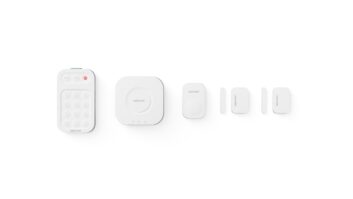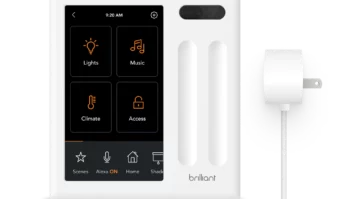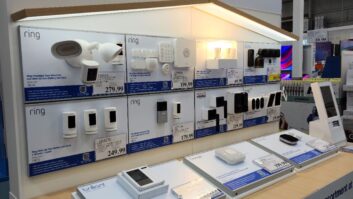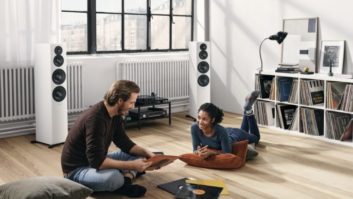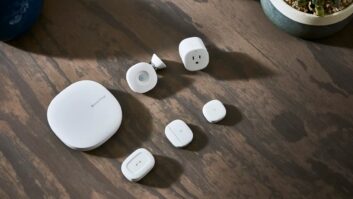Proponents of home-network standards have been busy advancing their agendas during the normally quiet summer months.
In one major development, the Consumer Electronics Association (CEA) finalized a testing schedule and procedures by which its Home Networking Subcommittee will select a powerline carrier technology as an official standard. CEA’s technology department will begin field-testing existing powerline technologies on Oct. 1 and will select one as a standard by January 2002.
In other network developments:
- The Wireless Ethernet Compatibility Alliance (WECA) certified another 25 products as conforming to the wireless Wi-Fi standard, also called IEEE 802.11b. The new products include home gateways, access points, PC Cards, and USB adapters from such companies as 2Wire, Cisco, IBM, Netgear, Siemens and Toshiba. A total of 141 products have been certified from 147 companies worldwide.
- Chip-maker Cirrus Logic put its money behind the Wi-Fi standard in signing a definitive agreement to buy ShareWave, the developer of the WhiteCap priority-access technology that companies such as Panasonic and Netgear are incorporating in Wi-Fi home-network products. The technology prevents audio and video dropouts when multiple devices are operating simultaneously on a Wi-Fi network.
Privately held ShareWave concentrates on developing semiconductor technology for wireless networks. The purchase is expected to close in August.
As for the no-new-wires powerline standard that CEA plans to adopt, it could turn out to be a different standard than the one planned by the HomePlug Powerline Alliance, which recently completed field tests of prototype equipment conforming to its proposed standard. Final ratification of that standard was planned by the alliance for this summer.
Despite the potential for two industry standards, a CEA spokesman last year noted that “the industry approached us to pick a standard.”
CEA plans to test technologies and is currently accepting additional testing candidates. Interested parties should contact Shazia McGeehan ([email protected]) at CEA.
CEA will oversee testing conducted by a third-party test service. The service will use a predetermined scoring and weighting procedure developed with the advice of CE manufacturers, the association said.
The test procedure is based on the technologies’ ability to provide reliable outlet coverage, consumer product pricing, priority-access for voice, audio, interactive multimedia, video and data applications, and the speeds needed to support these applications, the association said. A team of CE company representatives will select a standard based on the scoring of the test results.
“The major [powerline network] producers have all agreed that a powerline standard is needed now to create a viable [powerline] networking market,” said Bill Rose, chairman of CEA’s Home Networking Standards Committee. “By keeping our process open and making an objective evaluation of all candidates up front, we believe we will select a standard that best meets the overall needs of the CE industry.”




